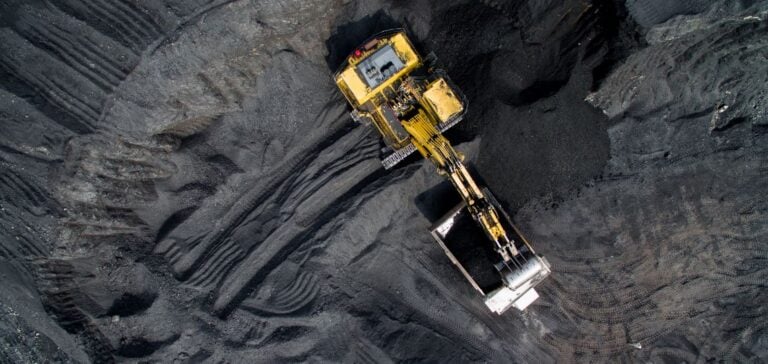The British government, under the leadership of Keir Starmer, has announced the prohibition of all new coal mining projects across the country. This measure will be reinforced by forthcoming legislation to ensure its enforcement. It follows a judicial annulment last September of a controversial project in Whitehaven, located in the northwest of England.
This project, initially approved by the previous Conservative government, would have been the first new coal mine opened in the United Kingdom in 30 years. However, the High Court ruled that the environmental impact projections of the project were “legally erroneous.” Upon taking office, the Labour government decided not to defend the initiative against judicial appeals.
Ongoing Energy Transition
In its statement, the government emphasized that coal remains a significant global source of carbon dioxide (CO2) emissions. Phasing out coal is considered a critical step toward achieving climate goals.
In September, the United Kingdom shut down its last coal-fired power plant, becoming the first G7 nation to achieve this milestone. This decision represents a further step in the national strategy to fully decarbonize the electricity grid by 2030.
Mixed Reactions
Environmental organizations have welcomed the announcement. Tony Bosworth, from Friends of the Earth, stated that it is “a strong signal that the future does not lie in coal.” Doug Parr, from Greenpeace UK, also praised the move but urged the government to go further by banning new oil and gas explorations.
Ambitious Climate Goals
During COP29 in Baku, the British Prime Minister presented an ambitious plan to reduce greenhouse gas emissions by at least 81% by 2035 compared to 1990 levels.
These efforts also include lifting the moratorium on onshore wind projects, developing new offshore wind farms and solar energy projects, and establishing a public enterprise with a budget of £8.3 billion to fund the energy transition. These initiatives highlight the United Kingdom’s commitment to becoming a key player in the fight against climate change.






















